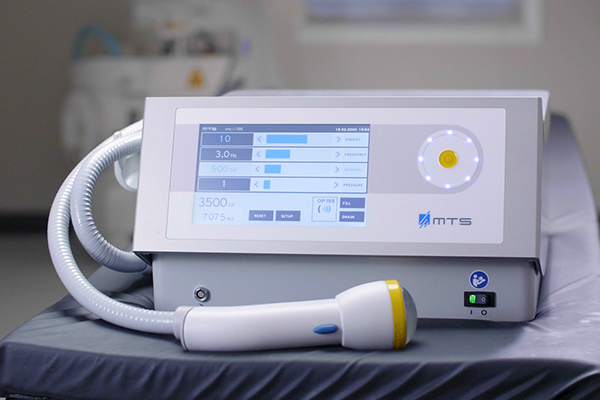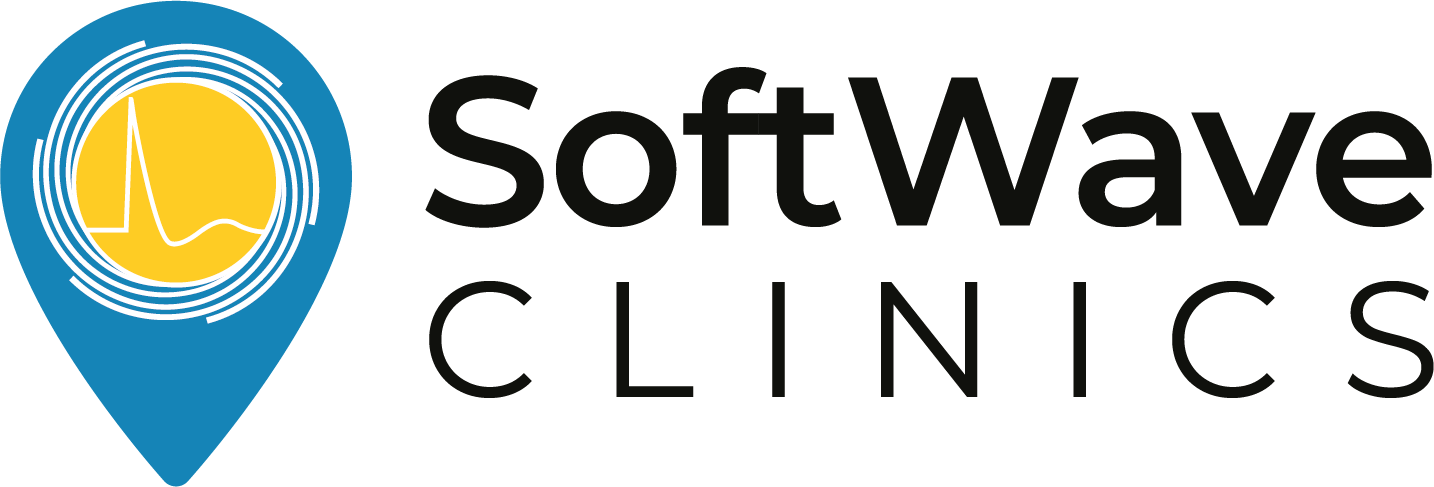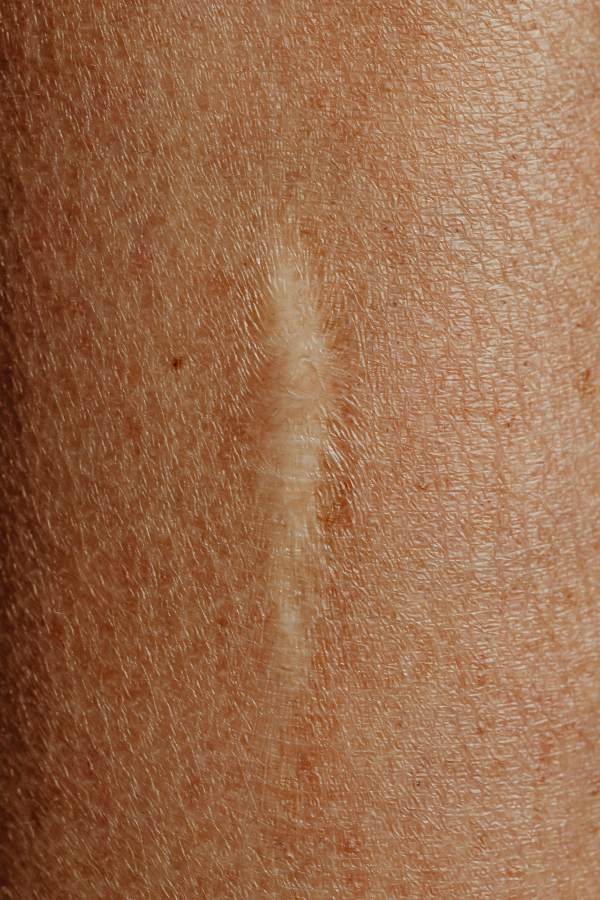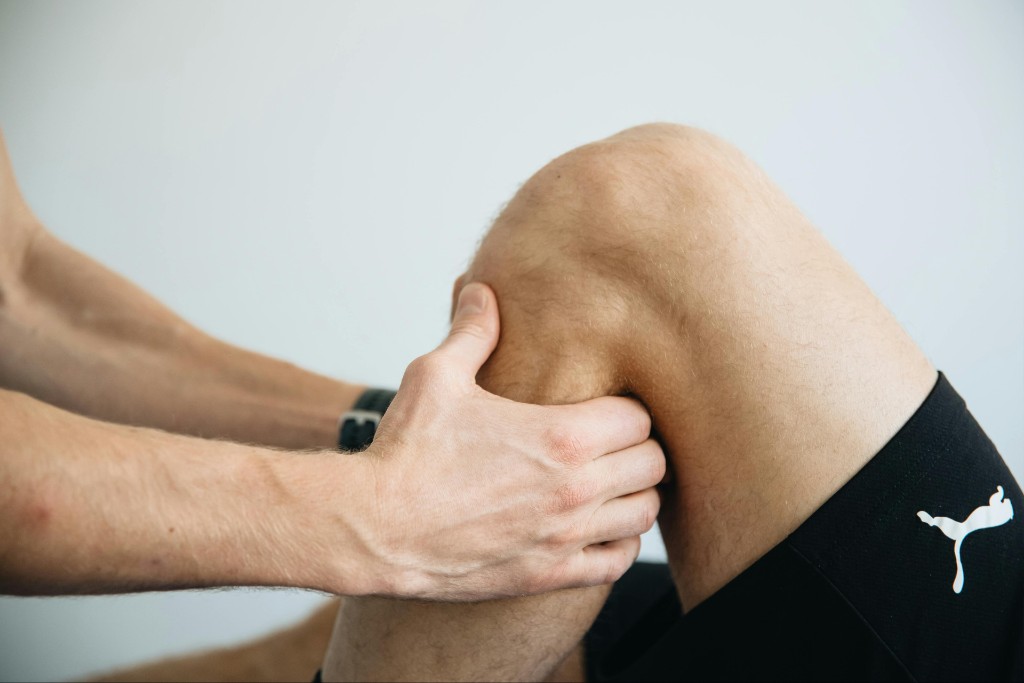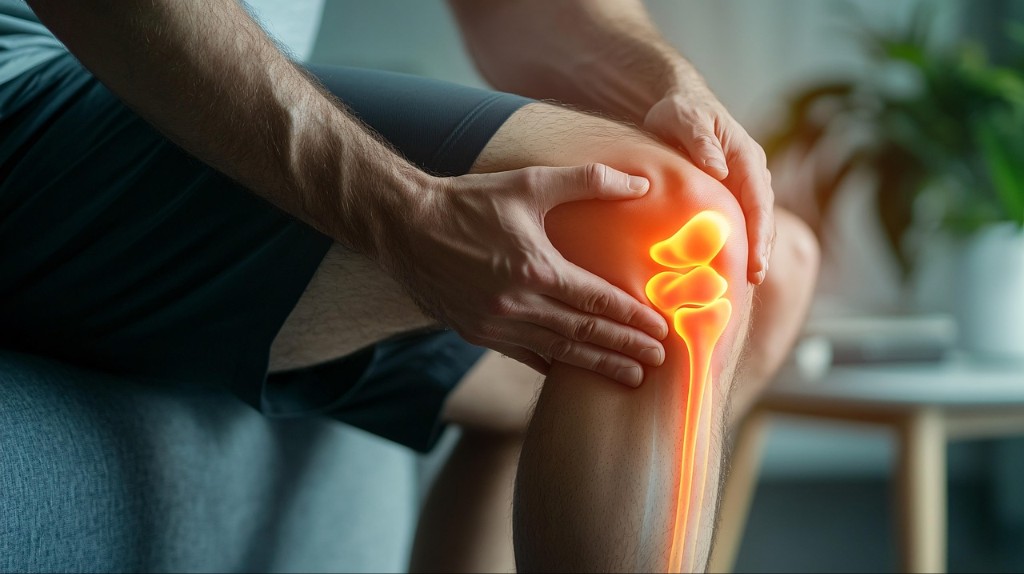Muscle adhesion treatment often starts with a straightforward concept: scar tissue bands known as adhesions may be the overlooked reason behind pain that never seems to fade. These tough, fibrous cords develop when muscles stick to fascia or surrounding tissues, reducing mobility and quietly fueling chronic discomfort.
The condition is often misdiagnosed, making it even more frustrating. If you’ve already tried massages, medications, or rest without lasting relief, exploring other options like SoftWave Therapy could offer a new path forward and a real chance at recovery.
What Are Muscle Adhesions and How Do They Form?

Muscle adhesions feel like internal knots tying tissues together. Imagine your muscle fibers and fascia as smooth shoelaces. Healthy movement is simple and fluid. But repetitive stress, poor posture, or injury can cause tiny tears. Your body patches these tears with scar tissue, which is helpful at first. But that tough scar tissue can clump up, forming adhesions.
When a muscle is strained, even slightly, your body responds by sending collagen to repair it. If that collagen builds up haphazardly, it forms thick scar tissue that glues layers together. The result is a fibrous band that limits muscle glide, causes chronic discomfort, prevents smooth movement, and restricts mobility, leading to pain that never really disappears.
Common Symptoms of Muscle Adhesions
Many people don’t realize that adhesions cause their symptoms until they receive a proper evaluation. These signs often include:
- Persistent Tightness: An almost constant feeling of muscle tension that doesn’t improve with rest or stretching.
- Reduced Flexibility: Everyday movements like bending, lifting, or even reaching feel restricted, as if the muscle resists movement.
- Localized Tenderness: Pressing on certain areas may reveal painful knots or soreness that doesn’t seem to go away.
- Knotted Sensation: You might literally feel cords under your skin, like knots in shoelaces that can be painful to the touch.
These issues affect daily life and make complicated simple tasks like tying a shoe, climbing stairs, or even turning your head. Still, they give little warning, worsening gradually and deeply affecting performance, mood, and freedom.
Traditional Treatments for Muscle Adhesions: Limitations and Challenges
Many people start with traditional approaches to muscle pain. Stretching, massage therapy, foam rolling, and physical therapy can help loosen tight muscles and improve flexibility. In some cases, they offer temporary relief. However, they often fall short. While these methods may briefly relieve symptoms and reduce tension, they rarely dissolve fibrous scar bands or restore full tissue mobility.
Symptoms often return without addressing the underlying issues, leaving people caught in a cycle of temporary solutions. This cycle of short-term improvement followed by recurring pain can be frustrating and exhausting.
There comes a point when deeper healing is needed—something that targets the problem at a cellular level and helps the body restore movement from within.
SoftWave Therapy: A Non-Invasive Approach to Muscle Adhesion Treatment
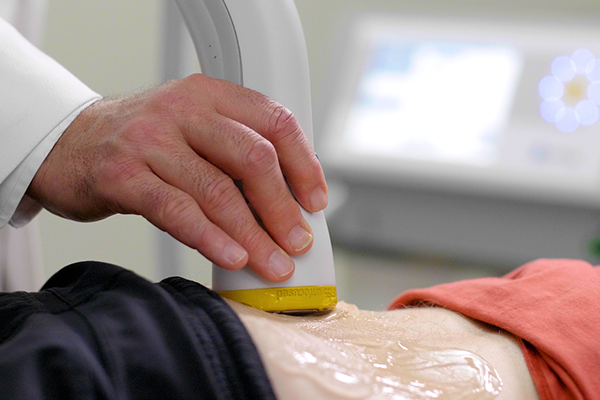
SoftWave therapy is a noninvasive treatment that offers a modern approach to muscle adhesion. It uses broad-focused shockwaves delivered through a patented parabolic reflector applicator to target the affected area. This stimulates biological responses such as angiogenesis, inflammation modulation, and activation of resident stem cells involved in tissue repair.
Unlike traditional methods that try to loosen adhesions manually, SoftWave encourages the body to heal itself. As blood flow increases and inflammation is regulated, the scar-like tissue becomes less restrictive and more pliable, helping reduce symptoms linked to muscle adhesion.
What makes this therapy different is how it addresses the hidden factors contributing to pain. Rather than focusing just on pain signals, SoftWave reaches the tissues involved in movement and flexibility. Many patients report feeling better after just a few sessions, especially in problem areas like the hips or shoulders.
What Are the Benefits of SoftWave Therapy for Chronic Pain and Muscle Adhesion Sufferers?
For people dealing with long-term pain and muscle adhesion, finding a treatment that works without requiring surgery or long recovery times can feel like a breakthrough. SoftWave Therapy offers several benefits that make it especially appealing.
- Minimal Side Effects: Most patients only feel mild warmth or tenderness during or after treatment. There is no need for medication or anesthesia.
- Short Sessions: Treatments take approximately 10 to 15 minutes, making it easy to fit into busy schedules.
- Quick Recovery: Most individuals resume daily activities immediately. There is no downtime.
- Long‑Lasting Results: Many experience sustained relief weeks after the final treatment session as tissue continues to remodel.
- Deeper Tissue Penetration: The broad-focused shock waves reach deeper than radial devices, addressing adhesions that lie far below the skin’s surface.
- Pain Modulation: The waves stimulate the release of natural pain-relieving compounds and reset pain signal pathways, helping modulate pain associated with muscle adhesion.
- Improved Local Circulation: Enhanced angiogenesis directs oxygen and nutrients into tissue, supporting healing and preventing future adhesion formation.
SoftWave Therapy vs. Traditional Treatments for Muscle Adhesion
While methods like massage, stretching, and standard physical therapy offer comfort, SoftWave Therapy targets muscle adhesions at their source. The technology promotes healing directly within scarred tissue instead of just reducing tension on the surface. It reaches deeper layers than manual methods can, delivering sustained relief and improved function.
SoftWave Therapy also offers a more efficient path to recovery. Sessions are short, side effects are minimal, and outcomes are often long-term. For individuals who have tried conventional options without success, this represents the next step in overcoming persistent pain. Taking active steps toward treatment today can open a path to meaningful recovery.
The Best Shockwave Therapy for Chronic Pain
Are you looking for safe, reliable, and effective relief from chronic pain?
SoftWave therapy is FDA-cleared, patented, and nationally recognized for its leading tissue regeneration technology. Unlike other types of high-energy shockwave treatments, SoftWave is the only shockwave therapy on the market that uses true broad-focused shock waves that treat larger and deeper areas of tissue.
Thousands of patients have experienced the benefits of SoftWave for chronic pain, including:
- Little to no side effects
- Short treatment time
- Quick recovery
- Long-lasting results
Find a SoftWave Therapy provider near you or learn more about SoftWave and whether or not you’re eligible for full treatment today!
New Patient Special
Try SoftWave for just $69 at a clinic near you and learn if you’re a candidate for full treatment
